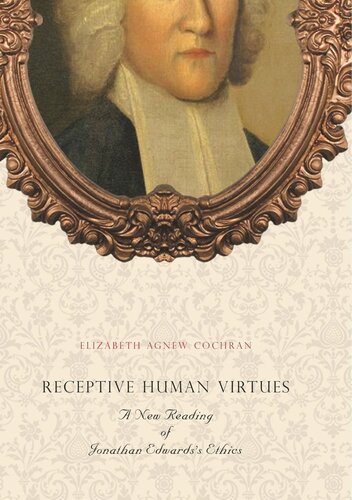

Most ebook files are in PDF format, so you can easily read them using various software such as Foxit Reader or directly on the Google Chrome browser.
Some ebook files are released by publishers in other formats such as .awz, .mobi, .epub, .fb2, etc. You may need to install specific software to read these formats on mobile/PC, such as Calibre.
Please read the tutorial at this link: https://ebookbell.com/faq
We offer FREE conversion to the popular formats you request; however, this may take some time. Therefore, right after payment, please email us, and we will try to provide the service as quickly as possible.
For some exceptional file formats or broken links (if any), please refrain from opening any disputes. Instead, email us first, and we will try to assist within a maximum of 6 hours.
EbookBell Team

4.7
106 reviewsThis book offers a new reading of Jonathan Edwards’s virtue ethic that examines a range of qualities Edwards identifies as “virtues” and considers their importance for contemporary ethics. Each of Edwards’s human virtues is “receptive” in nature: humans acquire the virtues through receiving divine grace, and therefore depend utterly on Edwards’s God for virtue’s acquisition. By contending that humans remain authentic moral agents even as they are unable to attain virtue apart from his God’s assistance, Edwards challenges contemporary conceptions of moral responsibility, which tend to emphasize human autonomy as a central part of accountability.